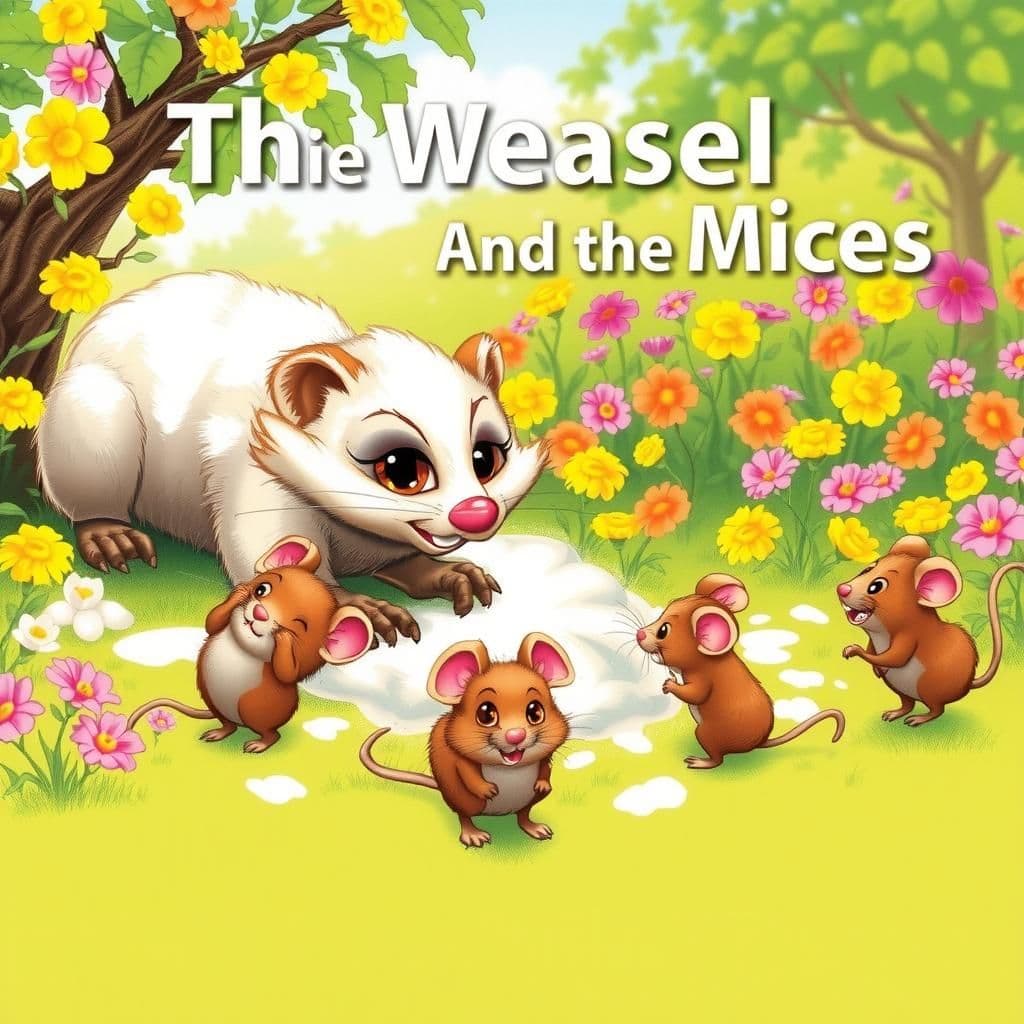The Oracle and the Impious

Story Summary
In "The Oracle and the Impious," a suspected heretic devises a deceptive plan to trick Apollo into revealing the fate of a sparrow, hoping to outsmart the divine. However, the story underscores a famous moral lesson: no one can manipulate divine knowledge, as Apollo sees through his scheme and warns against such folly. This short story with moral highlights the futility of attempting to deceive the gods, emphasizing that all actions are under their watchful gaze.
Click to reveal the moral of the story
The moral of the story is that one cannot deceive the divine or escape accountability for their actions, as true intentions are always known to a higher power.
Historical Context
"The Oracle and the Impious" draws from the rich traditions of Greek mythology, particularly the role of oracles such as the one at Delphi, where mortals sought divine guidance from gods like Apollo. This tale echoes themes found in ancient fables and philosophical dialogues, such as those by Plato, which explore the relationship between humanity and the divine, the nature of truth, and the futility of deception. Retellings of similar narratives often highlight the consequences of hubris and the omniscience of the gods, underscoring the moral that one cannot outsmart divine will.
Our Editors Opinion
The story of "The Oracle and the Impious" underscores the futility of attempting to deceive higher powers or the moral order, highlighting that true intentions can never be hidden from a higher truth. In modern life, this can be reflected in a scenario where a corporate executive tries to manipulate financial reports to mislead investors; despite the façade of success, the truth will eventually surface, leading to consequences that affect not only their career but the lives of many others.
You May Also Like

The Weasel and the Mice
In this simple short story with moral lessons, an old weasel, unable to catch mice due to his age, disguises himself in flour to deceive unsuspecting prey. As several mice fall victim to his trap, an experienced mouse recognizes the ruse and warns others, wishing that the weasel's deceit is matched by his own success. This meaningful story illustrates the consequences of trickery and the wisdom of those who have survived many dangers.

The Fox Without a Tail
In this short moral story, a Fox, having lost his tail in a trap, proposes that all foxes should abandon their tails, claiming they are inconvenient. An older fox wisely points out that this advice seems self-serving, highlighting a key life lesson about the distrust of self-interested counsel. This storytelling with morals reminds us to be cautious of simple lessons from stories that may be influenced by personal motives.

The Two Poets
In "The Two Poets," a short moral tale for class 7, two poets argue over prizes from Apollo: an Apple symbolizing Art and a Bone representing Imagination. The First Poet, proud of his Apple, finds it inedible, while the Second Poet discovers his Bone is merely imaginary, illustrating the futility of their dispute over tangible versus intangible rewards. This meaningful story with moral teaches students about the value of both art and imagination, emphasizing that true worth often lies beyond physical prizes.
Other names for this story
The Deceptive Seeker, Apollo's Insight, Shadows of the Oracle, The Heretic's Gamble, Divine Vision, Secrets of the Sanctuary, The Sparrows' Dilemma, Whispers of the Gods
Did You Know?
The story highlights the futility of attempting to deceive divine forces, illustrating a theme of transparency and the inherent limitations of human cunning in the face of omniscient powers. It serves as a reminder that all actions, even those shrouded in secrecy, are ultimately seen and judged by higher entities.
Subscribe to Daily Stories
Get a new moral story in your inbox every day.